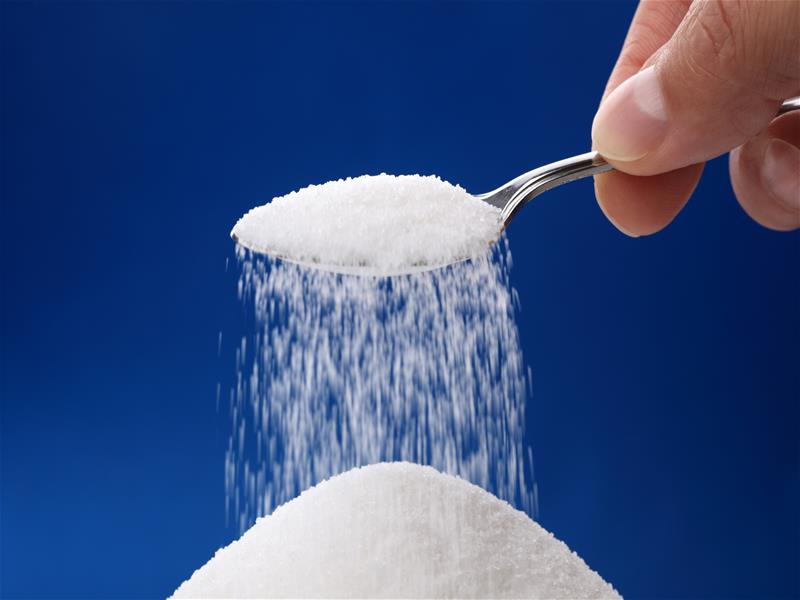With almost any weight loss plan, and specifically for people who have had bariatric surgery, it is beneficial to avoid added sugars. Added sugars are in many processed foods, but people also add sugar to beverages, baked goods, and other foods. In the goal of cutting calories and sugars, many people turn to sugar substitutes. So which ones are good?
The confusion may be from the interpretation of terms. Some “natural” sweeteners are still highly refined (stevia) and some naturally occurring substances (sucralose) are labelled “artificial sweeteners”. The term sugar substitute refers to any sweetener used in place of table (white, granulated) sugar. Sugar substitute does not necessarily mean “low calorie.”
Artificial sweeteners are synthetic sugar substitutes, but may be derived from naturally occurring substances. These are popular due to their minimal caloric content. They are found in processed foods and commonly used at home. Artificial sweeteners are commonly used for weight and blood glucose management. According to the National Cancer Institute and other health agencies, there's no sound scientific evidence that any of the artificial sweeteners approved for use in the U.S. cause cancer or other serious health problems. The most commonly used artificial sweeteners are
-Acesulfame potassium
- Aspartame
-Saccharin
-Sucralose
Sugar alcohols are a type of carbohydrate found naturally in foods that is also manufactured. They contain some calories, but much fewer than regular sugar does. Sugar alcohols are found commonly in candy, gum, baked goods, toothpaste, and frozen desserts but are not typically used in the home. They can be used for weight control, but may have a laxative effect. Common sugar alcohols are:
-Erythritol
-Sorbitol
-Xylitol
-Mannitol
Alternative sweeteners may be made from a natural source (like a plant extract) but have typically gone through a refining process. These may be more expensive than more common sugar substitutes, and few have scientific evidence to demonstrate their benefit. Some may have as many calories as sugar, so their usefulness in weight control is not verified. An exception is stevia, which is a calorie free sweetener. The most common alternative sweeteners are:
-Stevia
-Agave nectar
Cooking with sugar substitutes is often challenging, but several products now available are heat stable. Splenda and stevia are most often recommended as they are the most heat tolerant. Saccharin may also be used, but may have an aftertaste.
Here are some tips to cooking with sugar substitutes:
- To enhance flavor and color, add ½ teaspoon vanilla extract for every ½ cup sugar substitute used.
- To maintain texture, refrigerate baked goods made with sugar substitutes as they absorb moisture which can cause foods to crumble.
- Choose recipes with citrus flavors to avoid aftertastes from sugar substitutes.
Most people find that through trying several different options they have a preference for one sugar substitute. We allow the use of artificial sweeteners, sugar alcohols, and stevia in moderation to help decrease intake of sugar. Continue to read labels, and be on the lookout for marketing tricks which may make a product seem healthier than it is. Brown, raw, cane, and Turbinado are all sugar, with the same calories and effect on blood glucose levels as white sugar.
Questions or comments? Email me at Marlena Farley